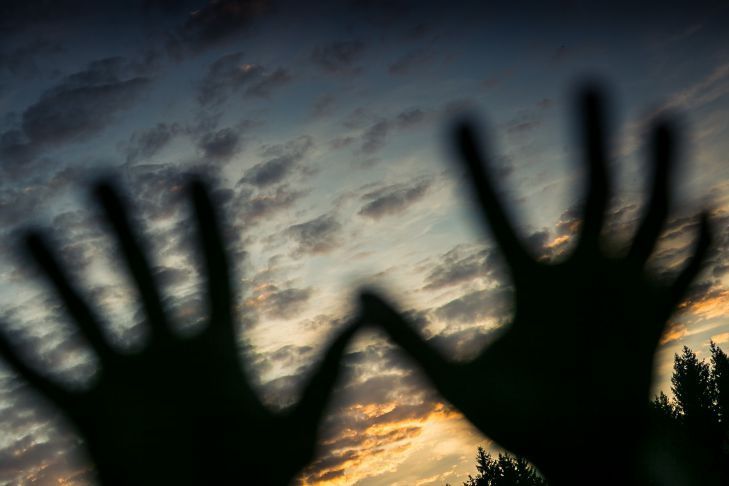For the first time, scientists have been able to record what happens to the human brain half a minute before death.
Brain activity was 'triangled' before the death of an 87-year-old patient.
The recordings showed that before the citizen's heart stopped, areas of the brain associated with memories were activated.

This concerns a patient with epilepsy, at the time of whose death an electroencephalogram was being performed.
The procedure made it possible to record 900 seconds of brain activity, including 30 seconds before and after cardiac arrest.
It turned out that memory-related areas remained active.
The brain at that moment generated specific vibrations, including gamma waves, which are involved in the reproduction of memories.
Scientists have suggested that the brain may prepare for death at a biological level, including through the activation of memory.
However, the researchers note that the results require further study.
Among the currently existing hypotheses explaining why vivid memories arise before death, two are the most popular.
One says that there is a lack of oxygen on the eve of death.
This factor provokes the release of neurotransmitters and activates neurons, which leads to the fact that your entire life flashes before your eyes.
According to the second hypothesis, memories are stored in the amygdala, which, when activated, triggers the mechanism for “playing back” memories.
